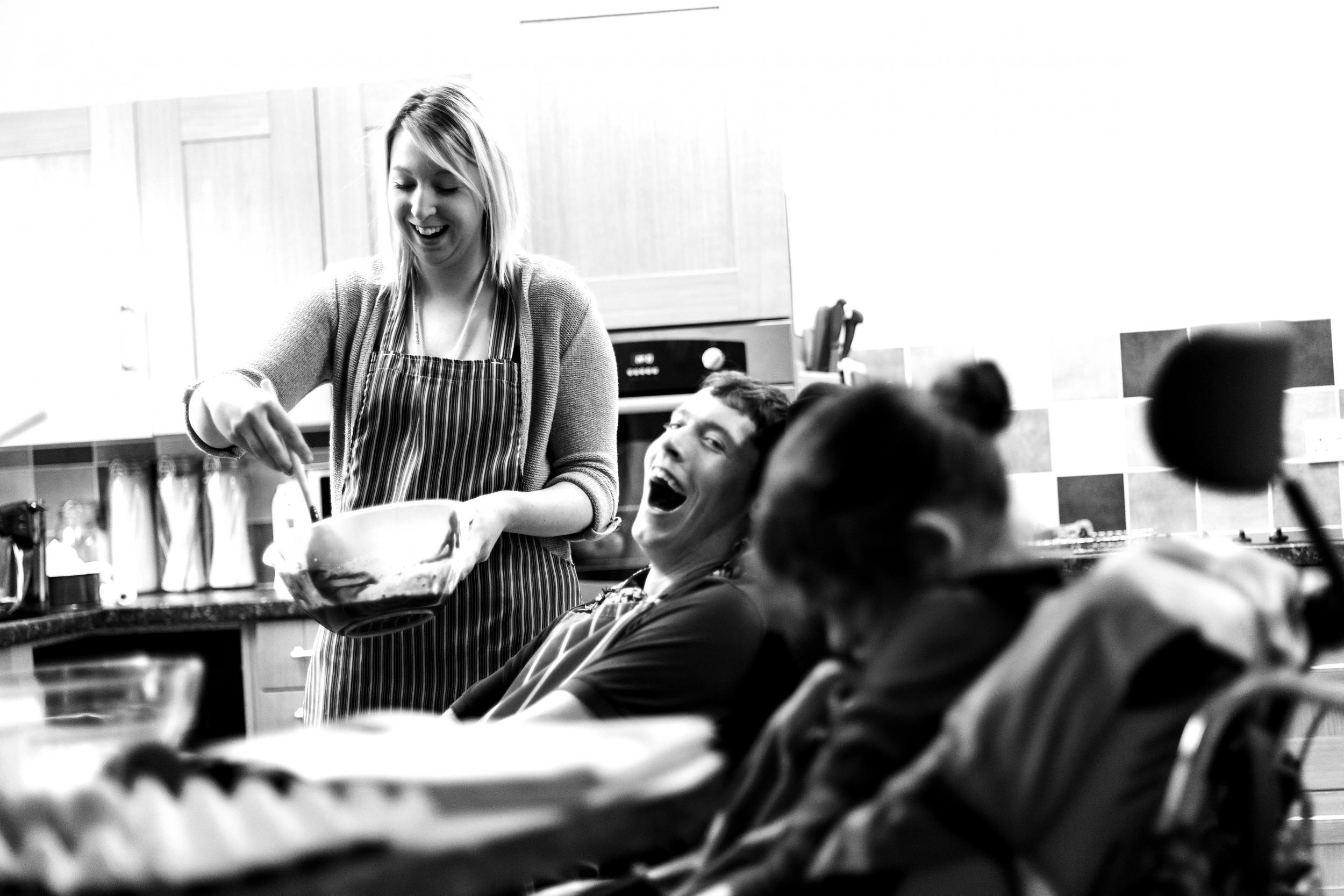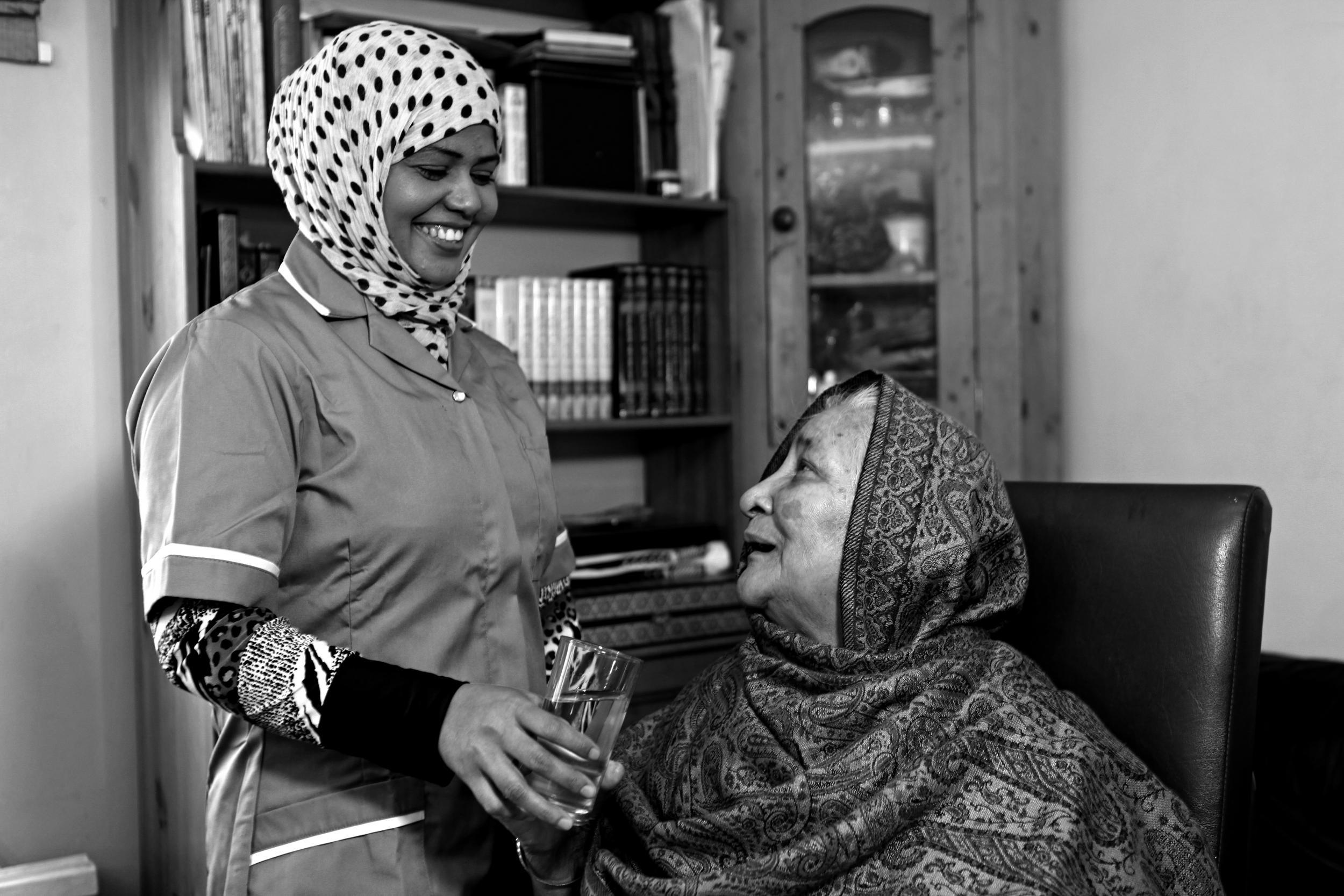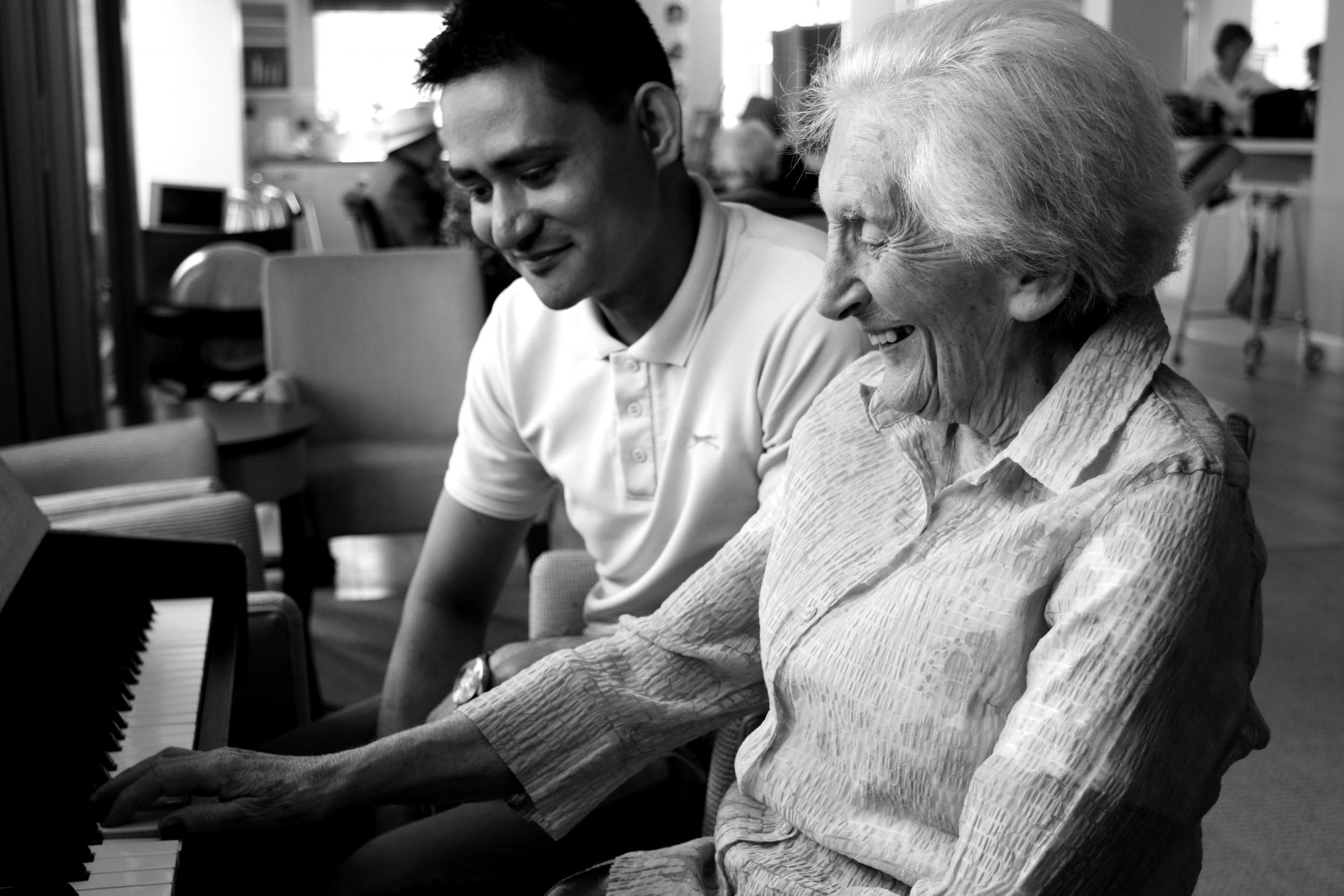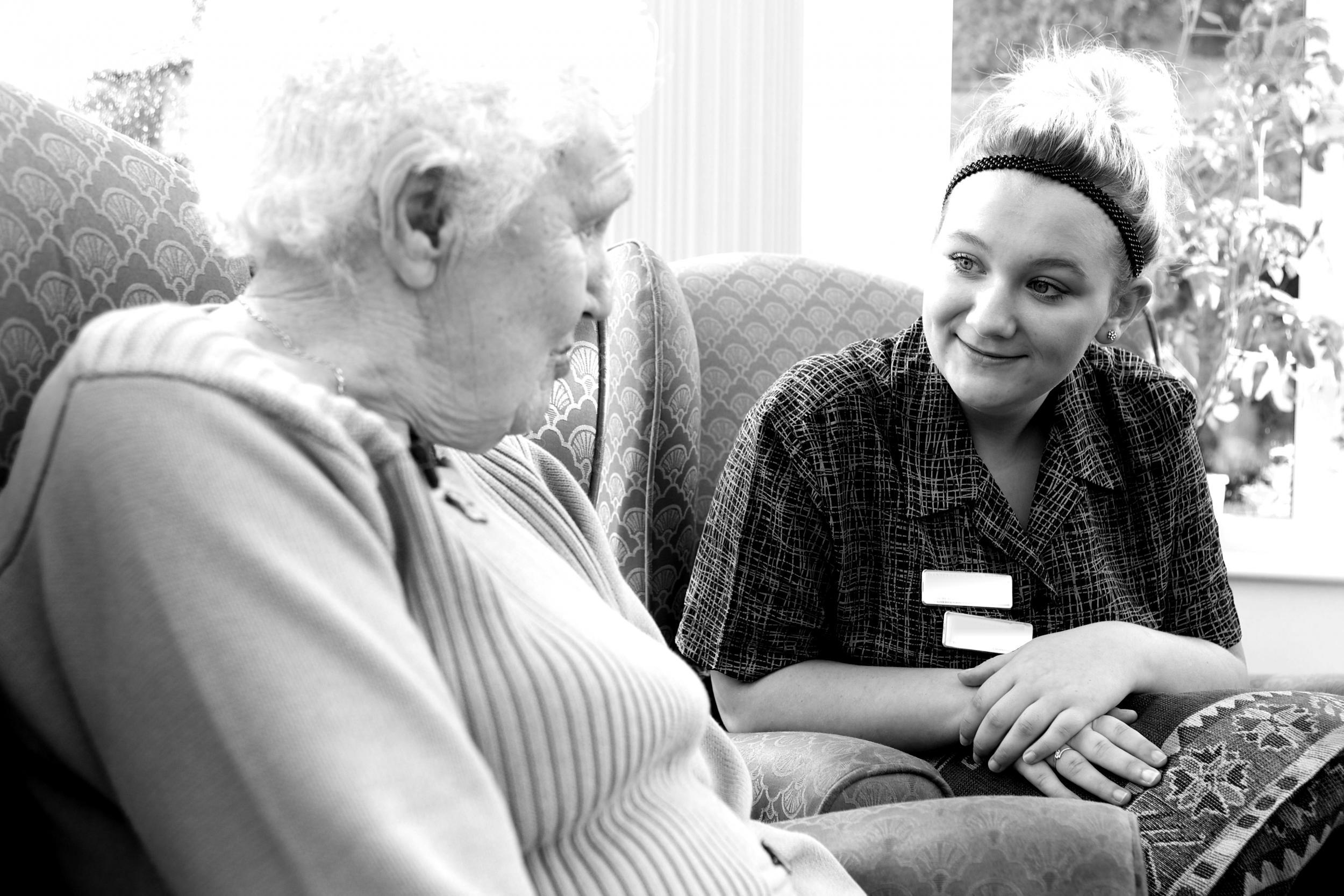Job satisfaction and career progression – social care is a great profession
With more people needing care than ever before, care work is a growing sector and rewarding career choice

Your support helps us to tell the story
From reproductive rights to climate change to Big Tech, The Independent is on the ground when the story is developing. Whether it's investigating the financials of Elon Musk's pro-Trump PAC or producing our latest documentary, 'The A Word', which shines a light on the American women fighting for reproductive rights, we know how important it is to parse out the facts from the messaging.
At such a critical moment in US history, we need reporters on the ground. Your donation allows us to keep sending journalists to speak to both sides of the story.
The Independent is trusted by Americans across the entire political spectrum. And unlike many other quality news outlets, we choose not to lock Americans out of our reporting and analysis with paywalls. We believe quality journalism should be available to everyone, paid for by those who can afford it.
Your support makes all the difference.Last week, when 26-year-old care worker Charlotte Goh taught Jim, a man with severe learning disabilities, how to access his favourite music on an iPad, he cried with joy. “Working in social care means you get to do things that make big differences to people’s lives and every day is completely different, with brand new challenges. I love it,” says Goh, who works in a home for people with learning disabilities run by Avenues South East.
Goh is one of a many young people choosing to work in adult social care, where they support people to maintain their independence, dignity and control. “People love the variety of care work – you can work with the elderly right through to people with learning disabilities and in settings ranging from residential homes to day centres and from hospitals to people’s homes,” says Louise Garner, director of learning for care at The Bournemouth & Poole College.

And, she says, because there are more disabled younger adults living longer and more older people needing care than ever, it’s a growing sector, with good job security. Garner adds. “People think of care workers as older, but actually you can work in care from the age of 16. In fact, a lot of young people are drawn to working with people of a similar age, often with learning disabilities, to enable them to do the same things they like doing – for example, bowling, going to the cinema and clubbing.”

Another of the myths about social care is that there’s no career progression. “In reality, there are so many paths,” says Julie Colley, deputy chief executive officer of charity care provider The Avalon Group. “For example, at The Avalon Group, our current director of operations, Bev Wilson, started with the organisation 12 years ago as a support worker and following years of dedication, as well as further learning provided by our learning and development team, she climbed through the ranks as support co-ordinator, service manager, locality manager and now oversees the entire organisation.”
Some care workers progress into corporate functions, where they build relationships with local authority commissioning teams, while others specialise in inspection or in strategic development. With bridging courses increasingly available, there is always the opportunity to do a degree in, say, management, nursing or social work further down the line.
Yet despite this, you don’t need any qualifications to start out in social care, points out Neil Taylor, director of care and community services at Jewish Care. “We recruit on values, not on exam results. We are looking for people who are natural carers, thoughtful and conscientious. ‘People’ people, who work well in a team, have a positive, can-do disposition and want to learn and improve.”

And, according to Cheryl Rothschild, regional director of care at Friends of the Elderly, caring really can help you make a difference. “It’s one of the most important roles in our communities. It’s not only a rewarding career in itself, but it’s also a window into the many and varied roles in the sector.”
To find out more about the rewarding and life changing careers within healthcare, please visit skillsforcare.org.uk for further information.
